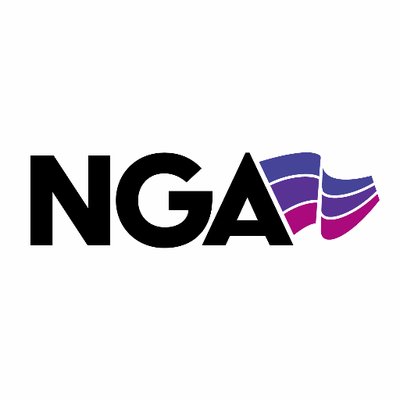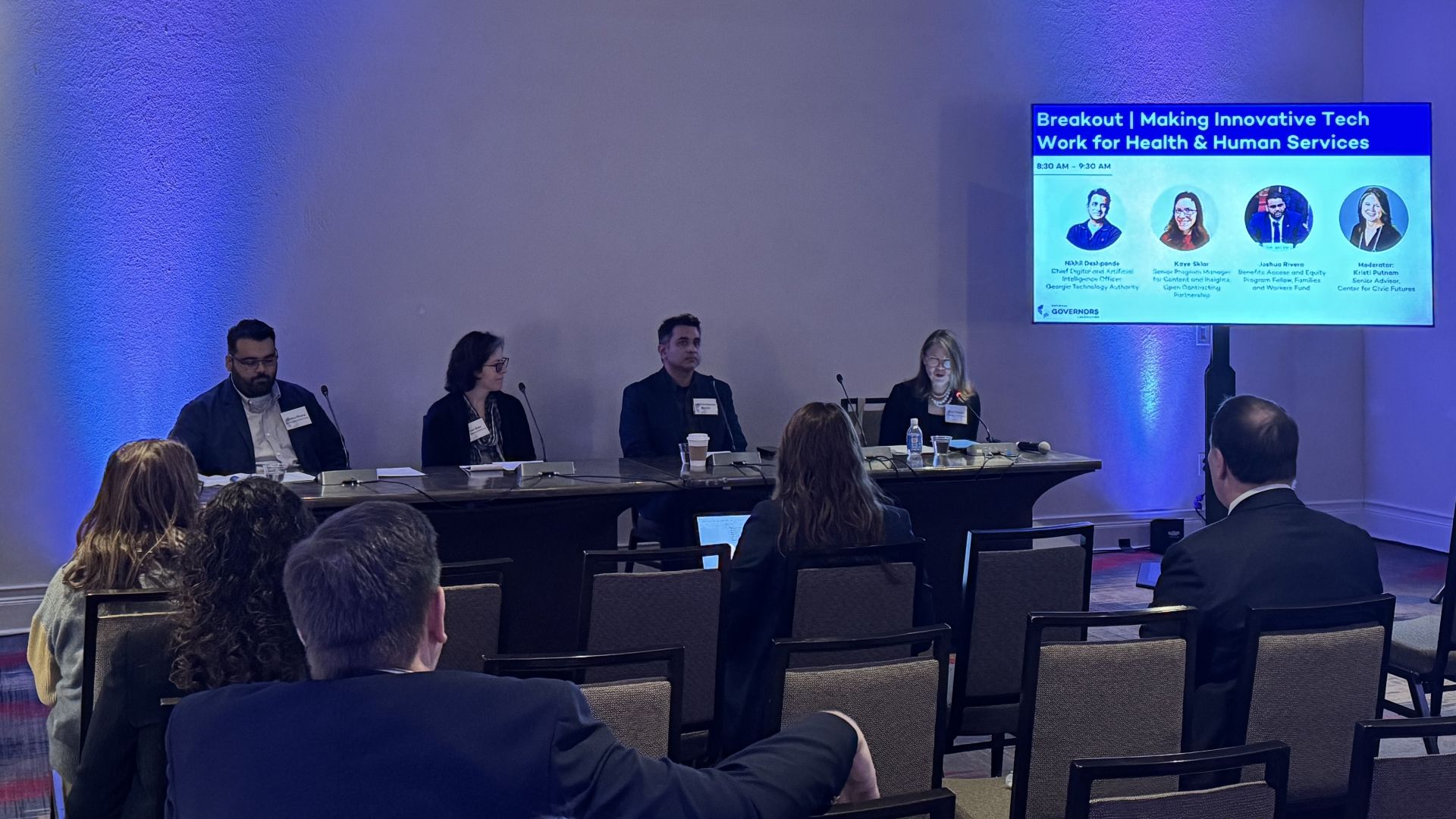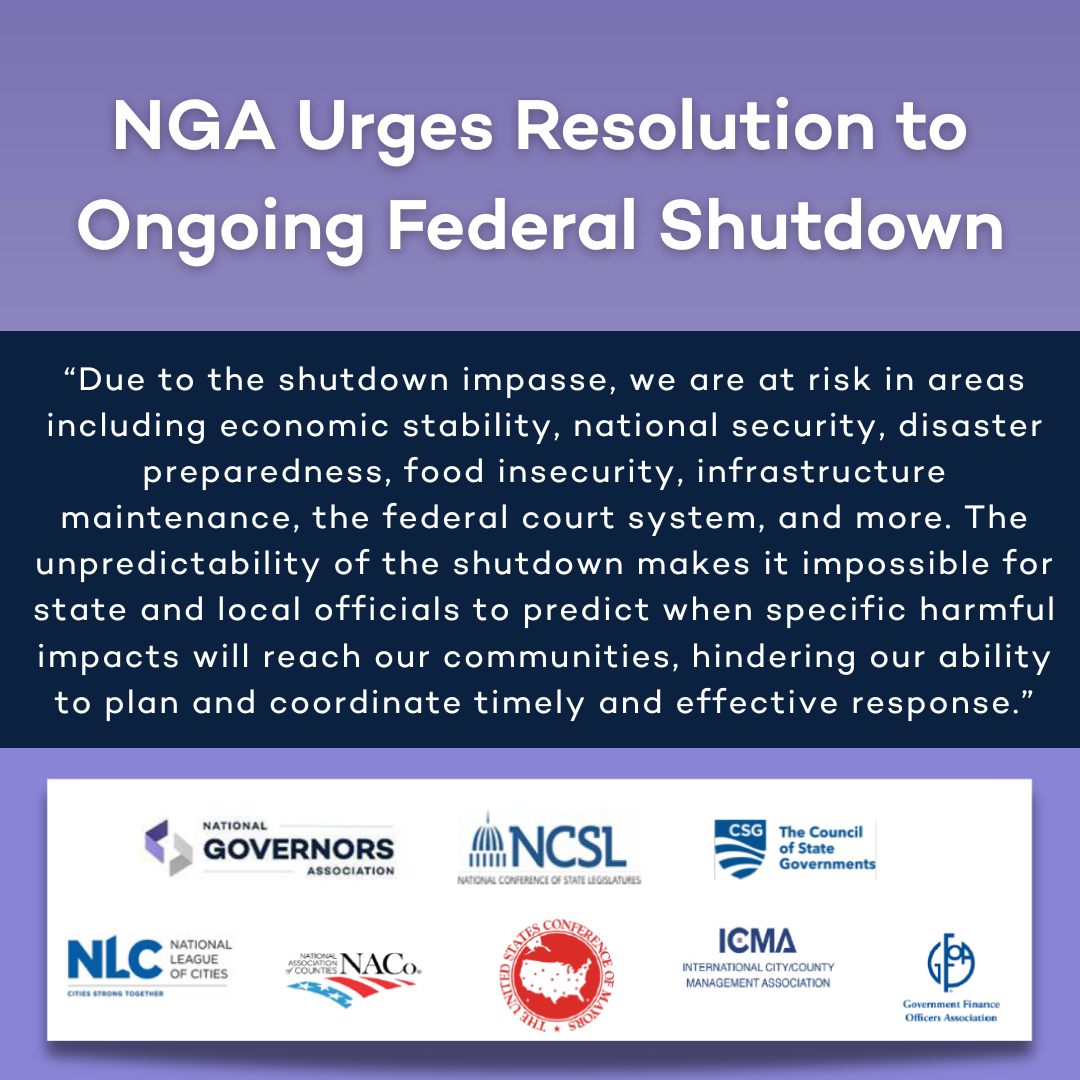Introduction
This memo provides an overview and state examples of Reemployment Services and Eligibility Assessment (RESEA), an integrated unemployment assessment and reemployment program that is critical in coordinating state unemployment insurance (UI) and workforce development systems to help millions of dislocated workers currently receiving unemployment compensation effectively return to work and spur economic recovery. This memo shows how RESEA can assist with the reemployment of millions of dislocated workers currently receiving unemployment insurance and provide a critical tool in COVID-19 recovery efforts.
What is RESEA?
The Reemployment Services and Eligibility Assessment program is administered in states by the U.S. Department of Labor Employment and Training Administration (DOLETA) through state unemployment insurance agencies to provide early-intervention job search assistance and career counseling to UI claimants that are likely to exhaust their benefits; detect and prevent fraudulent access to UI benefit payments; and improve coordination and alignment across public workforce system partners. It replaced the UI Reemployment and Eligibility Assessment (REA) program in 2015 and received permanent authorization through the Bipartisan Budget Act of 2018 (Public Law 115-123 2018). This codification of RESEA included a gradual increase of funding from around $117 million annually in 2018 to a projected $750 million by 2027.
State participation in RESEA is voluntary, although most states choose to participate. According to Career Action Resources, 52 states and territories plus Washington, D.C. received a RESEA grant in Fiscal Year 2019 with funding limits ranging from $346,369 in Alaska to $24,032,798 in New York. State allocations are based on a formula that includes the rate of insured unemployment. For funding formula details, see the Bipartisan Budget Act.
States that receive RESEA funds must provide participants the following core services:
- UI eligibility assessment including both review of work search activities and referral to adjudication if necessary;
- Labor market and career information that address the participants’ specific needs;
- Enrollment in Workforce Innovation and Opportunity Act (WIOA) Title III (Wagner-Peyser Act as amended) employment services;
- Support to the claimant to develop and implement an Individual Reemployment Plan;
- Connection to the respective American Job Center; and
- Referrals to reemployment services and training, as appropriate, to support the participants return to work.
Several studies demonstrate a strong case for investing in job search assistance like that provided in RESEA. For example, an Impaq study of RESEA showed reduced exhaustions of UI benefits by participants and shorter duration of unemployment in general, state trust fund savings and longer job retention at higher wages. A 2017 paper by the Upjohn Institute recommends staff-provided job search assistance after studying the history of WIOA-funded employment services and UI programs.
RESEA and COVID-19
During COVID-19, the federal government has significantly increased access to UI benefits. In many states, as soon as claimants receive their first unemployment compensation, they receive an invitation to participate in RESEA. Guidance provided by the U.S. Department of Labor (DOL) emphasized the need for states to continue operating their RESEA programs and to increase flexibility in how they provide reemployment services throughout COVID-19 (e.g. conduct sessions over the telephone). This guidance also encourages RESEA administrators to focus on working with beneficiaries to develop reemployment and work search plans that can be implemented once there is no longer a threat of COVID-19.
State Adjustments to RESEA Programs in Response to COVID-19
Many states are adapting their RESEA programs to reflect both the critical need for reemployment services during recovery as well as the reality that the pandemic is still spreading and the recovery timeline is fluid. As a result, states are experimenting with offering virtual services, temporarily lifting requirements that involve in-person meetings and job search activities, waiving job search requirements, narrowing participation to a limited number of claimants most in need, and suspending the program altogether to help meet the surge capacity needs of UI administration activities. Below are examples of such adjustments made by states.
- Move RESEA services to virtual platforms: Per U.S. DOL guidance, RESEA services are encouraged to transition to online platforms when possible to encourage social distancing.
- The local Job Centers in Arkansas remain closed to the general public. Customers are met at the main entrance(s) and a preliminary assessment is conducted. Dependent upon need, some individuals, in limited numbers, may be allowed to meet with staff in appropriate locations where social distancing and response protocols may be followed including taking of temperatures. Otherwise, contact information is collected and employees attempt to assist via follow-up telephone calls. All RESEA activities continue to be conducted remotely.
- In North Carolina, RESEA funds flow through the N.C. Division of Employment Security (DES) and operationalized by the NCWorks Career Centers through the Division of Workforce Solutions. During the pandemic, DES and NCWorks have been conducting RESEA appointments virtually with the option for jobseekers to have a face-to-face meeting when practical; working with local workforce boards to offer additional virtual workshops to RESEA customers and to enroll jobseekers in WIOA training opportunities; and holding virtual job fairs.
- Waive job search requirement: All states temporarily dropped or limited job search requirements for UI beneficiaries in order to receive emergency federal funding. Some states may choose to prolong this during COVID-19 to encourage individuals to stay home and as a result of the prolonged challenges of finding a job with so many businesses still closed. If states choose to do this, it will impact these states’ RESEA requirements, which typically include a review of the UI beneficiaries’ work search efforts (if applicable).
- The Arkansas Division of Workforce Services (DWS) waived job search requirements temporarily but resumed the end of June. RESEA participants were not required to show that they were looking for work while the requirements were waived.
- Missouri reinstated work search requirements the week of July 5 for all UI beneficiaries except those in an approved training program, with a definite recall date from an employer, or taking part in a shared work program (also commonly referred to as a work-share program). More information on these types of programs can be found in the related NGA Technical Assistance (TA) Memo.
- Narrow participation in RESEA: Due to the increased level of federal unemployment benefits provided to workers impacted by COVID-19, some states chose to focus RESEA resources on UI claimants whose benefits were about to be exhausted or who were not unemployed for reasons related to COVID-19.
- In North Carolina, due to the current volume of UI recipients, DES and NCWorks do not currently invite COVID-related UI claimants to be RESEA participants. This gives them a manageable number of RESEA appointments.
- Suspend RESEA: As states grapple with the significant jump in UI claims, some states have had to suspend RESEA altogether during the COVID-19 crisis and plan to slowly pick back up services as regions within the state recover.
Additional Research and Resources
- NGA TA Memo on Unemployment Insurance During COVID-19
- NGA TA Memo on Short-Time Compensation Programs as a COVID-19 Response and Recovery Strategy
- U.S. DOL Directive “Training and Employment Guidance Letter No. 6-19”
- U.S. DOL Directive “UI Program Letter No. 07-19”
- National Employment Law Project Report “Reemployment Services & Eligibility Assessments: Insuring Fairness for Workers Under the RESEA Improvement Act”
- WorkforceGPS “RESEA Promising Practices”
For questions or concerns related to the content of this memo, please contact:
- Kimberly Hauge (khauge@nga.org; 202.624.5252)
- Rachael Stephens (rstephens@nga.org; 202.624.3545)
All NGA COVID-19 memos can be found here, or visit COVID-19: What You Need To Know for current information on actions States/Territories are taking to address the COVID-19 pandemic; as well as advocacy, policy, and guidance documents for protecting public health and the economy.












